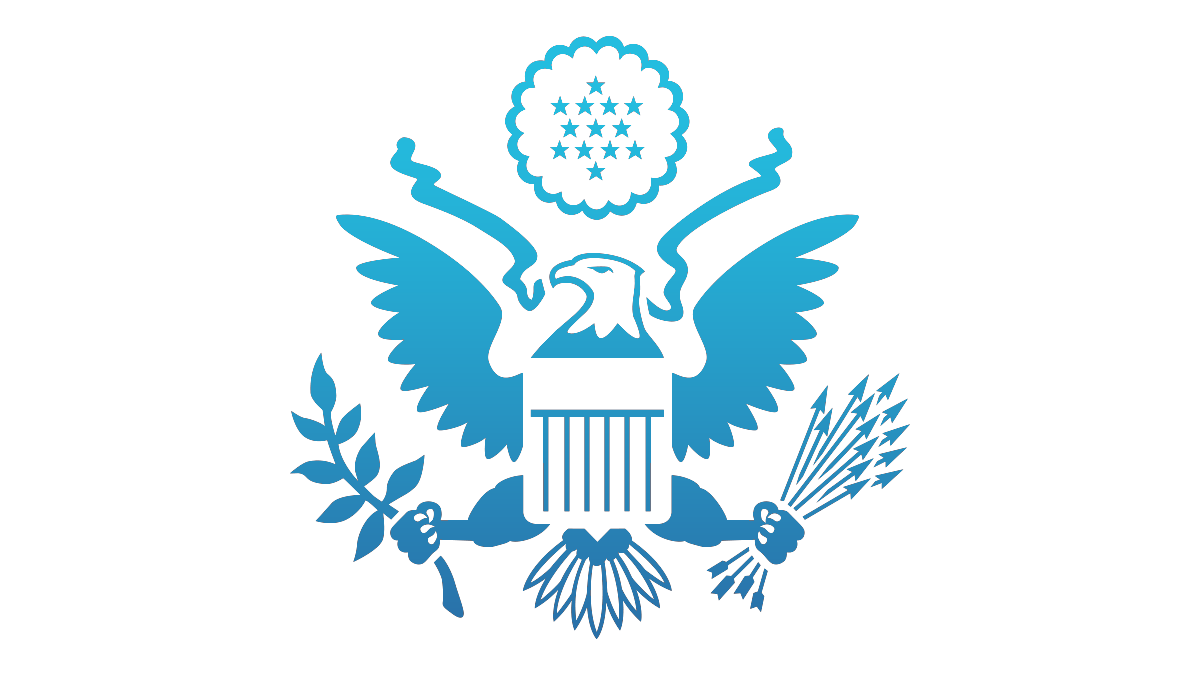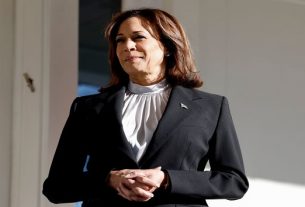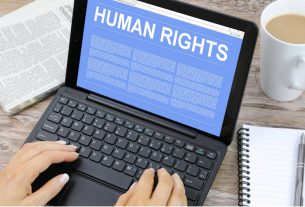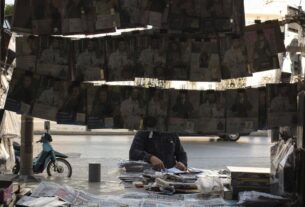[ad_1]
To commemorate the 10th anniversary of the landmark United Nations Commission of Inquiry report on human rights in the Democratic People’s Republic of Korea (DPRK), Deputy Secretary of State Kurt Campbell, Republic of Korea (ROK) Minister of Unification Kim Yung-ho, and Ambassador Shigeo Yamada hosted a U.S.-ROK-Japan trilateral engagement on DPRK human rights in Washington, D.C. This engagement reaffirmed the commitments made at the August 2023 Camp David Trilateral Leaders’ Summit to resolve the issues of abductees, detainees, and unrepatriated prisoners of war, and strengthen cooperation to promote respect for the human rights of North Koreans, including those still in the DPRK and those who have escaped.
The United States is committed to a survivor-centered approach to promoting North Koreans’ human rights. This includes outreach to North Korean escapees to amplify their voices and to provide access to resources that support their integration into democratic systems. North Korean escapees are a living testament to the potential of North Koreans living in rights-respecting societies. The State Department has engaged with educational institutions, civil society, and the private sector to share resources and best practices to support North Koreans in building new lives.
Today, we are pleased to announce a resource hub, which includes support for education and English language training and the establishment of a network to connect stakeholders working on DPRK human rights issues.
English Language and Educational Exchange Programs Pioneer New Opportunities for North Koreans
Individuals of North Korean origin have participated in various programs offered by the Bureau of Educational and Cultural Affairs (ECA) at the U.S. Department of State, especially in partnership with the ROK government and non-profit organizations. ECA is committed to reflecting the diversity of the United States and global society in all its exchange programs, supporting the involvement of American and international participants from traditionally underrepresented groups, including women, racial and ethnic minorities, and people with disabilities.
Over 200 participants are alumni of U.S. government exchange programs such as Fulbright, the Global Undergraduate Exchange Program (Global UGRAD), the Workplace Essential Skills and Training (WEST) program, and the International Visitor Leadership Program (IVLP). Additionally, more than 500 participants have completed short- and long-term training programs to develop English language skills.
ECA also connects English as a Second Language (ESL) programs at U.S. universities with “American English” resources and best practices shared by instructors experienced in teaching students from North Korean backgrounds. This initiative helps ESL programs in states like Texas and Maryland prepare for future success in teaching North Koreans in the United States.
“Friends for Future” Cross-Community Network Shares Resources for North Koreans in the United States
The “Friends for Future” network connects, shares, and promotes resources for the more than 500 North Korean escapees in the United States, including refugees and others of North Korean origin or who identify as North Korean. The network aims to advance their dignity and long-term integration into U.S. society.
This U.S.-based network consists of community-based organizations, student volunteers, educational institutions, and other professionals from different cities, each offering services and resources essential for the North Koreans. Many organizations in the network have experience supporting immigrant, refugee, Asian American, and other communities and are now expanding their outreach to North Korean escapees.
The U.S. Department of State continues to engage with key external stakeholders and civil society organizations, ensuring their voices are heard, as they have played pivotal roles in supporting victims and survivors of DPRK human rights violations and promoting human rights in the DPRK. Accordingly, the “Friends for Future” network is expected to grow and evolve.
Diplomacy Lab Offers Inaugural Opportunity to Address North Korean Human Rights Issues with Ideas from Academia and Students
For the first time, Diplomacy Lab will offer three specific projects aimed at advancing the human rights of North Koreans and enhancing the security of the United States and its allies. These projects, available for over 60 U.S. universities participating in Diplomacy Lab during the Spring 2025 semester, include:
- Analyzing technology solutions to increase North Koreans’ access to independent information;
- Fostering global business due diligence by identifying forced labor by the DPRK regime and supply chain risks; and
- Exploring potential avenues for accountability and transitional justice through survivor-centered documentation.
Diplomacy Lab enables the Department of State to “course-source” research and innovation related to foreign policy by harnessing the efforts of students and faculty at universities across the United States. The program is designed to engage future diplomats and policymakers in the work of diplomacy and expand the State Department’s research base to address complex global challenges. Students participating in Diplomacy Lab explore real-world challenges identified by the Department and work under the guidance of faculty members who are experts in their fields. This initiative allows students to contribute directly to policymaking while helping the Department tap into a reservoir of intellectual capital.
[ad_2]
Source link



